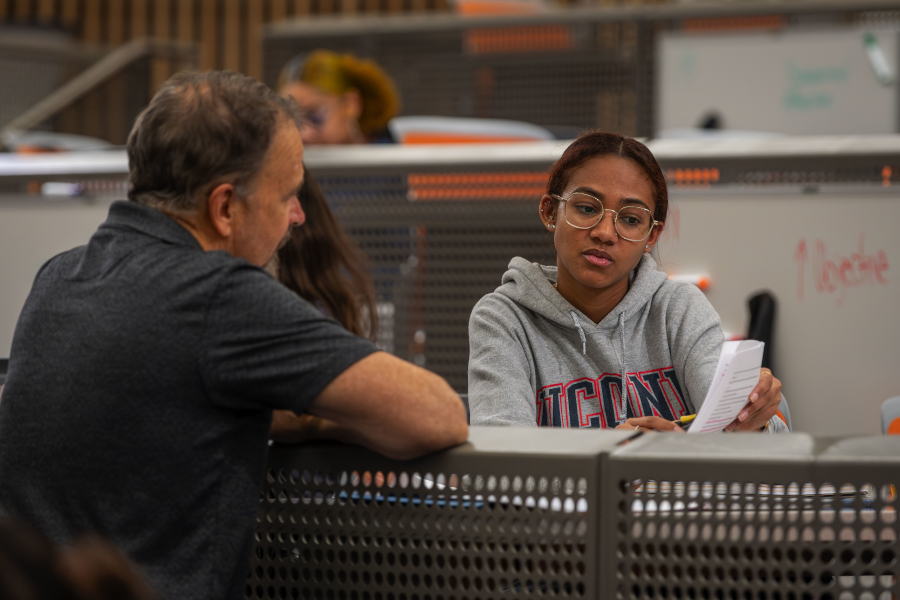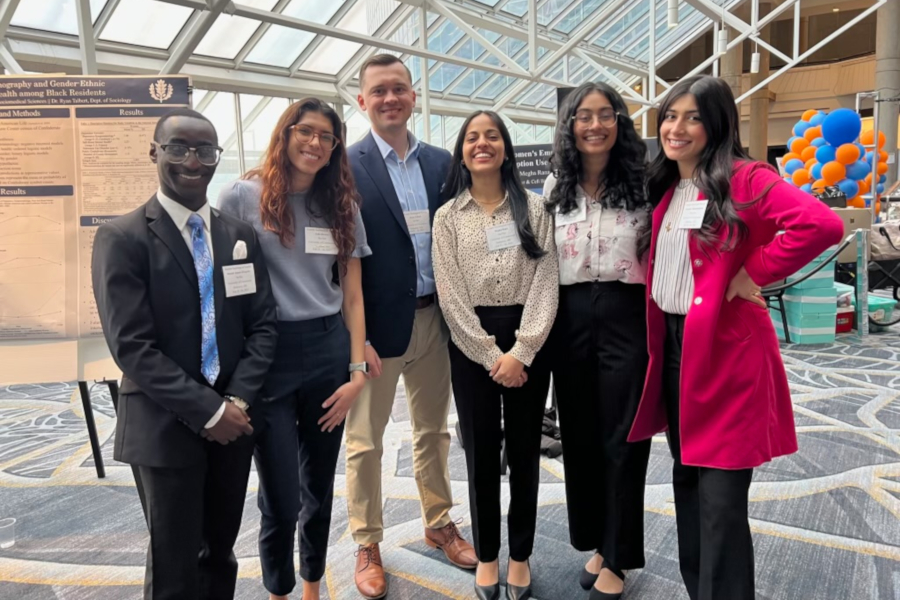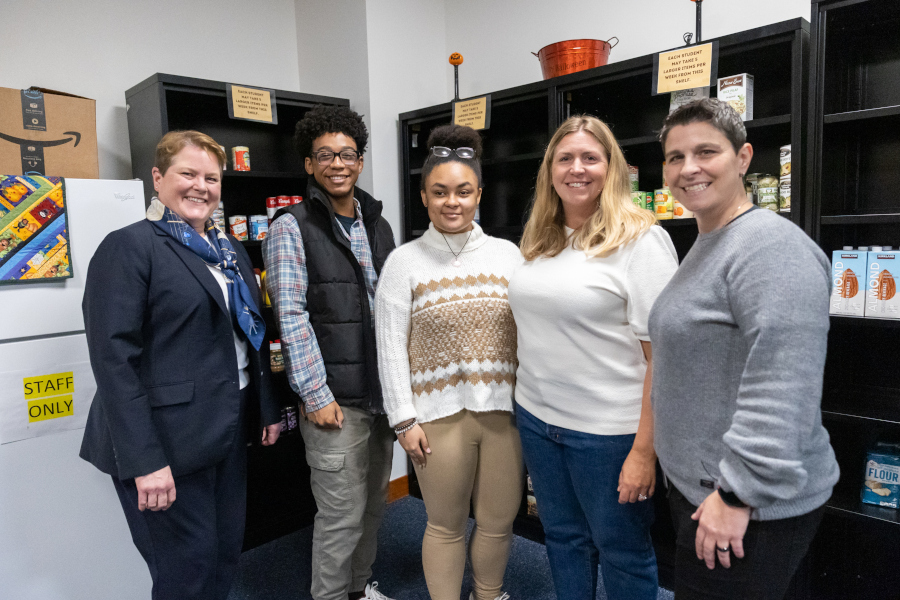About Us

Education
Our department offers several degree-granting programs, including the Bachelor of Arts, Accelerated (4+1) Master of Arts, and Ph.D. degrees (sequential MA/Ph.D.). We currently have over 300 undergraduate majors and 40 graduate students. We offer training in a wide range of substantive areas, methodological approaches, and theoretical orientations. We are committed to both undergraduate and graduate teaching, and several professors and instructors have won college or university teaching awards.

Research
Our faculty are respected scholars in the discipline. Numerous faculty publish regularly in university presses and top sociology outlets, are editors or serve on editorial boards of major journals, and often receive awards and have held major offices in a variety of professional societies including the American Sociological Association, Population Association of America, Sociologists for Women in Society, the Eastern Sociological Society, and the Society for the Study of Symbolic Interaction. Areas of particular strength include culture, education, gender and sexuality, human rights, political sociology and social movements, racism and ethnic relations, stratification, and urban and community studies. Other areas of faculty and graduate student interest include work and labor markets, social demography, globalization and immigration, and sociology of religion.

Engagement
Our faculty draw on their deep expertise to engage with local communities, in public debates, and in policy-making from the local to the international level. Faculty are involved in a wide-array of issues and write and speak to broad public audiences about the implications of their research. Our students also have opportunities to get involved in this work through faculty labs and our internship program.